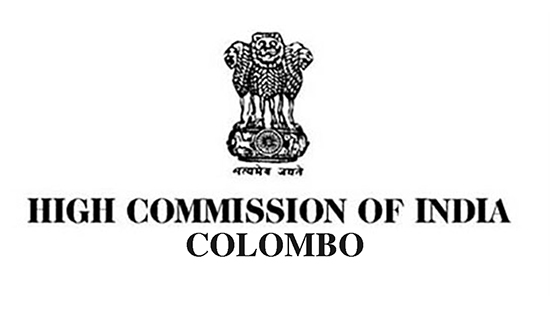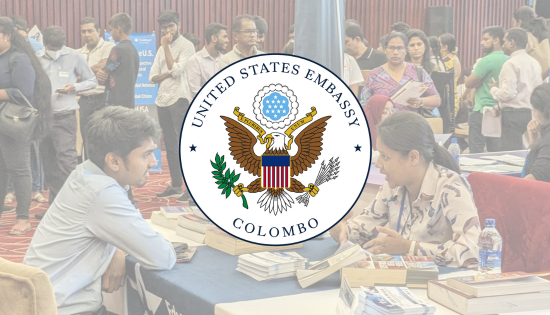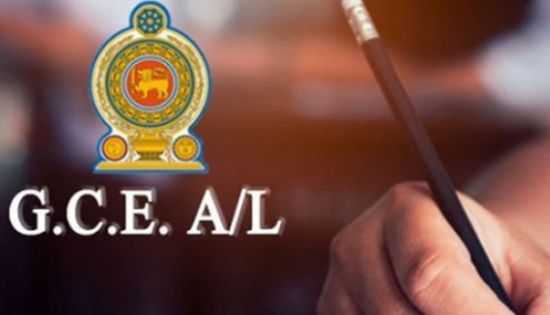Blockchain in Education
Revolutionizing Credentialing and Verification

Blockchain technology is revolutionizing the field of education, offering new possibilities for securely storing and verifying academic credentials. By leveraging the decentralized and immutable nature of blockchain, educational institutions can streamline credentialing processes, combat fraud, and provide students with greater control over their academic records.
One of the key benefits of blockchain in education is its ability to provide a secure and tamper-proof way to store academic credentials. Traditionally, academic records are stored in centralized databases that are vulnerable to hacking and manipulation. Blockchain technology, however, uses cryptography to ensure that once a record is added to the blockchain, it cannot be altered or deleted without the consensus of the network.
Blockchain also offers greater transparency and trust in the credentialing process. Employers and educational institutions can verify the authenticity of a credential by accessing the blockchain, eliminating the need for intermediaries and reducing the risk of credential fraud. This can be particularly beneficial for students who have earned credentials from institutions that may not be well-known or reputable.
Another advantage of blockchain in education is its ability to provide students with greater control over their academic records. With blockchain, students can store their credentials in a digital wallet and share them with employers or other institutions as needed. This eliminates the need for paper transcripts and allows students to easily access and manage their records throughout their academic and professional careers.
Blockchain technology is also being used to create digital badges and micro-credentials, which can provide a more granular and up-to-date view of a student’s skills and achievements. These digital credentials can be easily shared and verified, allowing students to showcase their abilities in a more dynamic and comprehensive way.
Despite the many benefits of blockchain in education, there are challenges that need to be addressed. For example, there are concerns about the scalability of blockchain networks and the potential for high energy consumption. Additionally, there are questions about the standardization of blockchain-based credentials and how they will be recognized by employers and educational institutions.
In conclusion, blockchain technology has the potential to revolutionize education by providing a secure, transparent, and decentralized way to store and verify academic credentials. As educators and policymakers continue to explore the possibilities of blockchain, the future of education looks more secure and accessible than ever before.
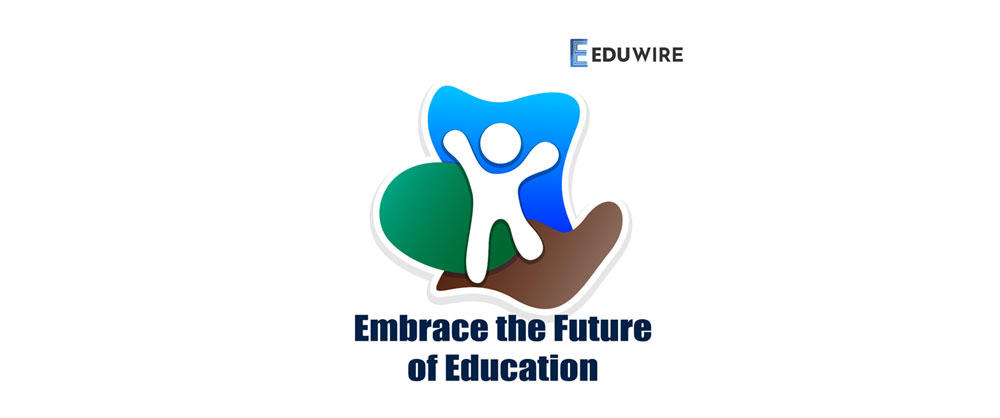
Related News
GCE A/L exam results : New update
The Commissioner General of Examinations, Amith Jayasundara, says the results of the GCE Advanced Level Examination are expected to be released after…
Read MoreRoyal College welcomes its new Principal – Mr.Athula Wijewardena
Royal College welcomes its new Principal, Mr. Athula Wijewardana. With a distinguished career in educational leadership, Mr. Wijewardana brings a wealth of…
Read MoreNavigating the Future: Essential Skills for the Workforce in 2030
As we navigate the rapidly evolving job market, understanding which skills will become essential in the coming years is vital for both…
Read MoreFrom Different Eras to the Era of AI
It only took five to six decades for humanity to reach its current state. The transition from the industrial period to the…
Read MoreFeel The Beat of A Medical Doctor
An Unforgettable Experience! On the 15th of March 2025, the Lanka Hospital Auditorium came alive with the rhythm of medical excellence as…
Read MoreCourses
-

IMC – Bachelor of Psychology
IMC Education Overview IMC Campus in partnership with Lincoln University College (LUC) Malaysia offers Bachelor of Psychology Degree right here in Sri… -

ANC – BA (Hons) International Business Management (Top-Up)
ANC Education Overview Designed in partnership with public and private business organizations, this program develops one’s ability to critically evaluate business models… -

IIT – BSc (Hons) Computer Science
IIT Campus Overview BSc (Hons) Computer Science provides a solid foundation and training regarding the fundamentals of the computer science field, along… -

APIIT – BSc (Hons) Cyber Security
APIIT Sri Lanka Overview Our BSc (Hons) Cyber Security award is designed to launch your future career in the protection of software… -

ICBS – BSC (Hons) Business Management with Marketing Management
ICBS Overview The BSc (Hons) Business Management with Marketing program, awarded by Queen Margaret University (QMU), is a highly regarded degree that… -

UTS – Diploma of Science
UTS College Sri Lanka Overview The Diploma of Science is designed to empower you to apply scientific thinking and analysis to important… -

CSA – Master of Architecture and Environmental Design
City School of Architecture Overview The Master of Architecture and Environmental Design Degree at CSA is awarded by the University of the… -

APIIT – BSc (Hons) International Business Management
APIIT Sri Lanka Overview Increasingly businesses are becoming more and more international. This requires business management professionals to have knowledge, skills and… -

IIT – BSc (Hons) Artificial Intelligence And Data Science
IIT Campus Overview The BSc (Hons) Artificial Intelligence and Data Science course is awarded by Robert Gordon University (RGU) in the UK… -

ICBS – International Degree Foundation in Business / IT
ICBS Overview The Scottish Qualification Authority (SQA) is a globally recognized organization dedicated to education and qualification development. SQA is responsible for… -

APIIT – BA (Hons) Finance and Business Enterprise
APIIT Sri Lanka Overview Finance and accounting are no longer just about taxation and the management of financial capital. This award will… -

APIIT – MBA General
APIIT Sri Lanka Overview The MBA is awarded by Staffordshire University, UK. This award is an advanced course of study in management… -

ANC – LLM in International Business & Commercial Law
ANC Education Overview This course is designed for graduates of law, business and finance in a legal or a corporate job role… -

AOD – BA (Hons) Fashion Design and Marketing
Academy of Design Overview The syllabus is from the UK’s Northumbria University, as one of their most revered flagship programmes and is… -

APIIT – MSc. Marketing Management
APIIT Sri Lanka Overview This MSc Marketing Management degree – awarded by Staffordshire University, UK is an advanced course of study in…
Newswire
-
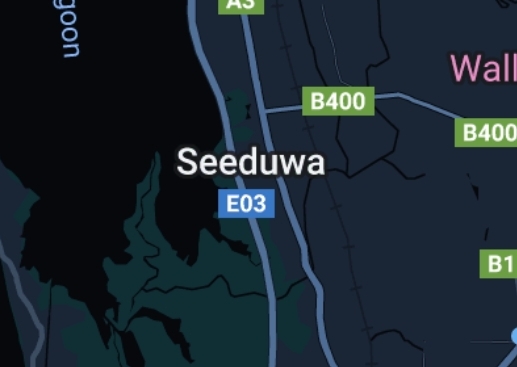
Shooting incident reported in Seeduwa
ON: April 8, 2025 -

President AKD sends Letter to Trump on Tariffs
ON: April 8, 2025 -

Deputy Minister faces backlash over only USD 20mn Reserve claim
ON: April 8, 2025 -

Namal Rajapaksa speaks at Rising Bharat Summit 2025 in New Delhi
ON: April 8, 2025 -

Dollar rate in Sri Lanka today
ON: April 8, 2025


